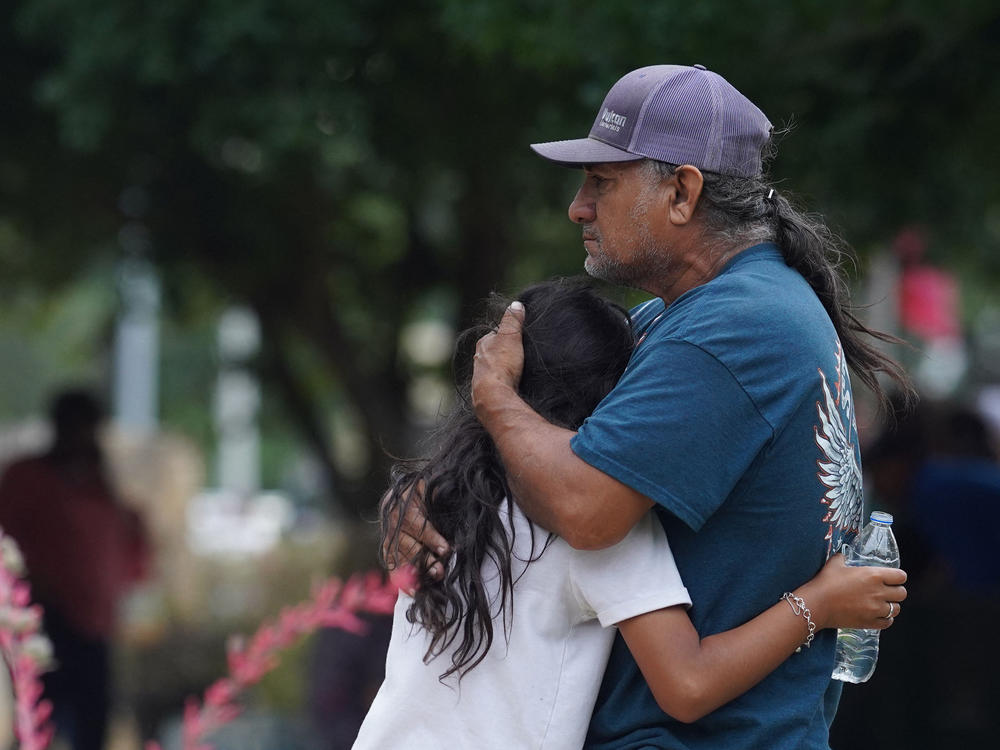Section Branding
Header Content
Opinion: The endurance of parents
Primary Content
"Parents are just being hit on all sides," Indiana University sociologist Jessica Calarco told us.
This winter, as omicron surged, her ongoing national survey found that 70% of mothers and 54% of fathers of children under the age of 18 felt overwhelmed. Roughly half of all parents had recently felt depressed and even hopeless, as despondent as during the first weeks of the pandemic.
These times are vexing and distressing for everyone. But parents can feel that their children carry around their hearts, too.
As a parent, you want to protect your children at all costs. But a pandemic, now into a third year, still upsets their lives, learning and emotional well-being, and threatens their health. Children under five years old still wait for a COVID vaccine, as some grown-ups return to restaurants, concerts and parties.
Many parents left or lost jobs during the pandemic, and all are watching rising prices with rising panic. Calarco told us, "Given the high costs of food, gas and other necessities, many of the families I've interviewed are worried about making ends meet."
Recent mass shootings at Robb Elementary School in Uvalde, Tops Supermarket in Buffalo, a hospital in Tulsa, a funeral in Racine and more left many parents scared about the safety of the world their children must navigate, and feeling helpless to fix it.
Calarco offers a personal story. Her 8-year-old daughter came down with COVID, despite being vaccinated and wearing masks at school. Then Calarco herself got sick. She was trying to keep her younger child from getting it too.
"I couldn't hug my 4-year-old after the school shooting in Texas," she told us. "And that certainly wasn't great for our mental health."
For a parent to know their child is hurting, or scared, and not to be able to comfort or help them, is a special agony.
When my mother held me through some tragedy, anxiety or loss, and said, "This too shall pass," I can see now that she couldn't really be certain — but wanted to help get me through that night, and the next day.
In these times of war, violence and illness, when our children ask, "When will this be over?" we have to say, "I don't know." But we know we keep going together.
Copyright 2022 NPR. To see more, visit https://www.npr.org.

